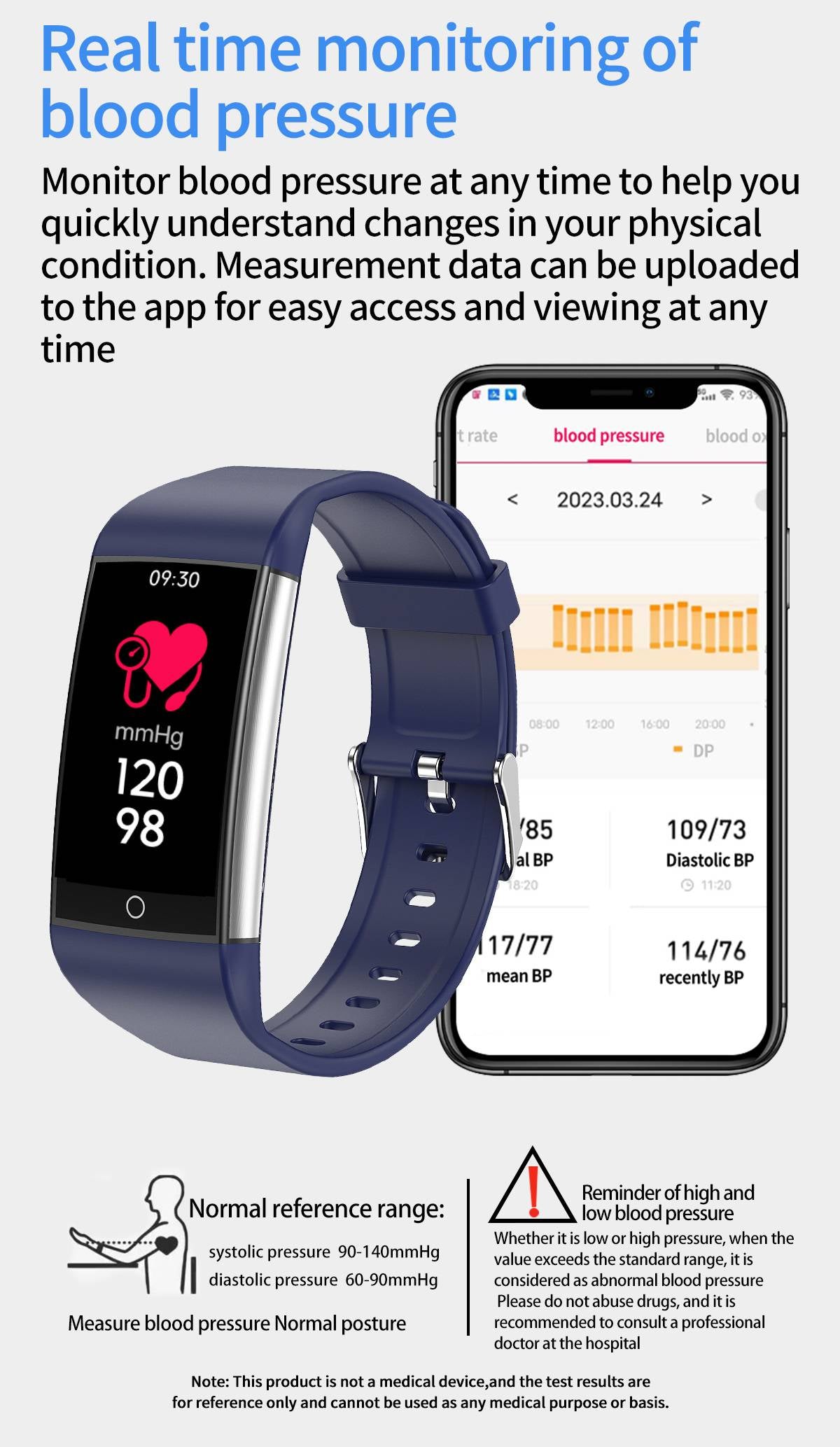Always Feeling Hungry? These 9 Reasons Might be Why You Lack Satiety
Do you find yourself overeating, constantly craving snacks, or never feeling satisfied after a meal? Perhaps you're the one who finishes three bowls of rice while others are content with just one. Do you still feel hungry after eating? If you don't want to be labeled as a bottomless pit, then it's essential to understand the nine major reasons why you're always feeling hungry.
The 9 Major Reasons for Always Feeling Hungry:
-
Poor Sleep or Insomnia: Research from King's College London suggests that people who sleep only five hours a night consume an extra 385 calories every other day compared to those who get a full eight hours. Lack of sleep increases hunger hormones, leading to heightened appetite. Additionally, sleep deprivation slows down metabolism, making it easier to gain weight, especially when late-night cravings for high-calorie snacks like fried chicken, fries, or bubble tea kick in.
-
Overwhelming Stress: Ever heard of the term "stress eating"? Some people unconsciously turn to food to cope with stress, often opting for fried or sugary foods that trigger the release of serotonin, a feel-good hormone. However, emotional eating can lead to weight gain over time due to the constant stimulation of appetite caused by high stress levels.
-
Dehydration: Sometimes the feeling of thirst can be mistaken for hunger. Proper hydration helps control appetite, relieves hunger, aids digestion, and quenches thirst. So, before reaching for a snack, try drinking water first.
-
Mindless Eating While Watching TV: Background noise while eating can influence our eating habits. Many restaurants play background music to stimulate appetite. Eating while distracted by TV shows can lead to overeating as you may not notice your body's signals of fullness.
-
Excessive Consumption of Refined Carbohydrates: Eating too many refined carbs like bread, cakes, dumplings, noodles, or processed foods can cause a rapid rise in blood sugar levels, followed by a sharp drop, leaving you feeling hungry again soon after eating. Opt for whole foods and low-GI options like sweet potatoes, corn, brown rice, or whole wheat bread to prolong satiety.
-
Eating Too Quickly: Gulping down food too quickly can lead to overeating as your brain doesn't have enough time to register that you're full. Slow down, chew your food thoroughly, and savor each bite to prevent overconsumption.
-
Adopting Incorrect Weight Loss Methods (Counting Calories, Fad Diets): Extreme dieting or calorie counting can lead to increased hunger and a higher likelihood of binge eating, ultimately sabotaging your weight loss efforts. Focus on balanced, nutritious meals rather than restrictive diets.
-
Exposure to Food Images on Social Media: Constant exposure to tempting food images on social media can stimulate your appetite and trigger cravings. Consider limiting your exposure to food-related content to avoid unnecessary snacking.
-
Menstruation or Pregnancy: Hormonal changes before menstruation or during pregnancy can increase appetite and lead to overeating. It's essential to be mindful of portion sizes and choose nutrient-dense foods to support overall health during these times.

How to Control Your Appetite:
-
Chew Slowly and Mindfully: Chewing food thoroughly and eating slowly can reduce food intake by up to 15% by giving your brain enough time to register fullness signals.
-
Eat Smaller, More Frequent Meals: Opt for smaller, more frequent meals to prevent excessive hunger and avoid overeating.
-
Stop Eating When 70-80% Full: Avoid overeating by stopping when you're about 70-80% full to prevent discomfort and promote better digestion.
-
Drink Water in Small Sips: Stay hydrated by drinking water slowly throughout the day rather than gulping it down all at once.
-
Avoid Spicy and Fried Foods: Limit consumption of high-fat, high-calorie, and spicy foods, as they can stimulate appetite and lead to overeating.
-
Opt for Healthy Snacks: Choose low-GI snacks like unsweetened soy milk or low-fat yogurt with berries and nuts to increase satiety without excess calories.
When you feel unsatisfied with your meals and accidentally indulge, don't blame yourself too much. Excessive self-criticism can lead to emotional eating and dietary imbalance. It's recommended to start by moderately controlling your appetite, gradually adapting to changes, such as eating more fruits and vegetables, and taking a walk after meals. Taking gradual steps makes it easier to stick to your goals.









